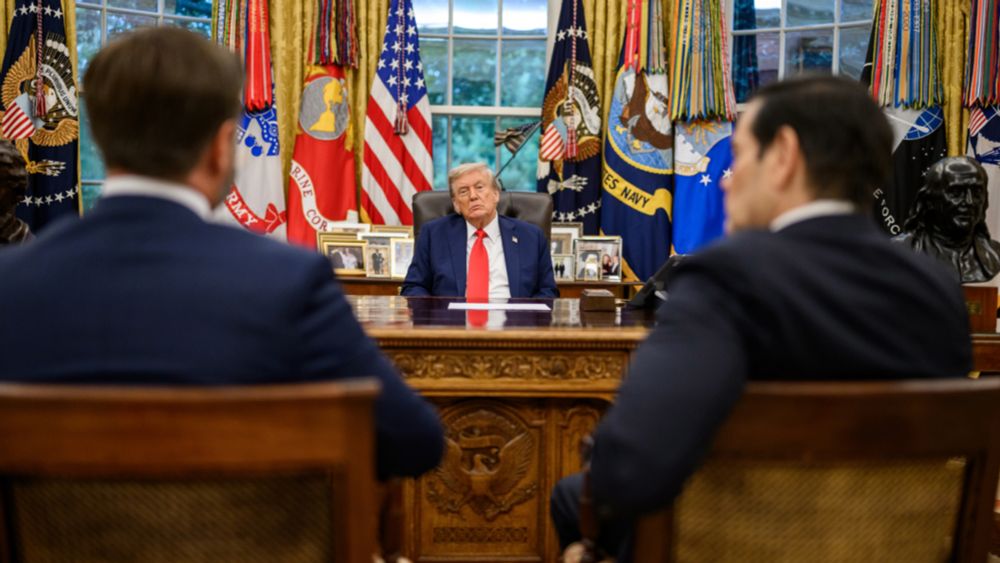Tech Policy Press
@techpolicypress.bsky.social
22K followers
1.1K following
2.2K posts
Technology + democracy.
Visit https://techpolicy.press
Join our newsletter: https://techpolicy.press/newsletter
Opinions do not reflect the views of Tech Policy Press. Reposts do not equal endorsements.
Posts
Media
Videos
Starter Packs
Reposted by Tech Policy Press
Reposted by Tech Policy Press
Reposted by Tech Policy Press
Reposted by Tech Policy Press
























